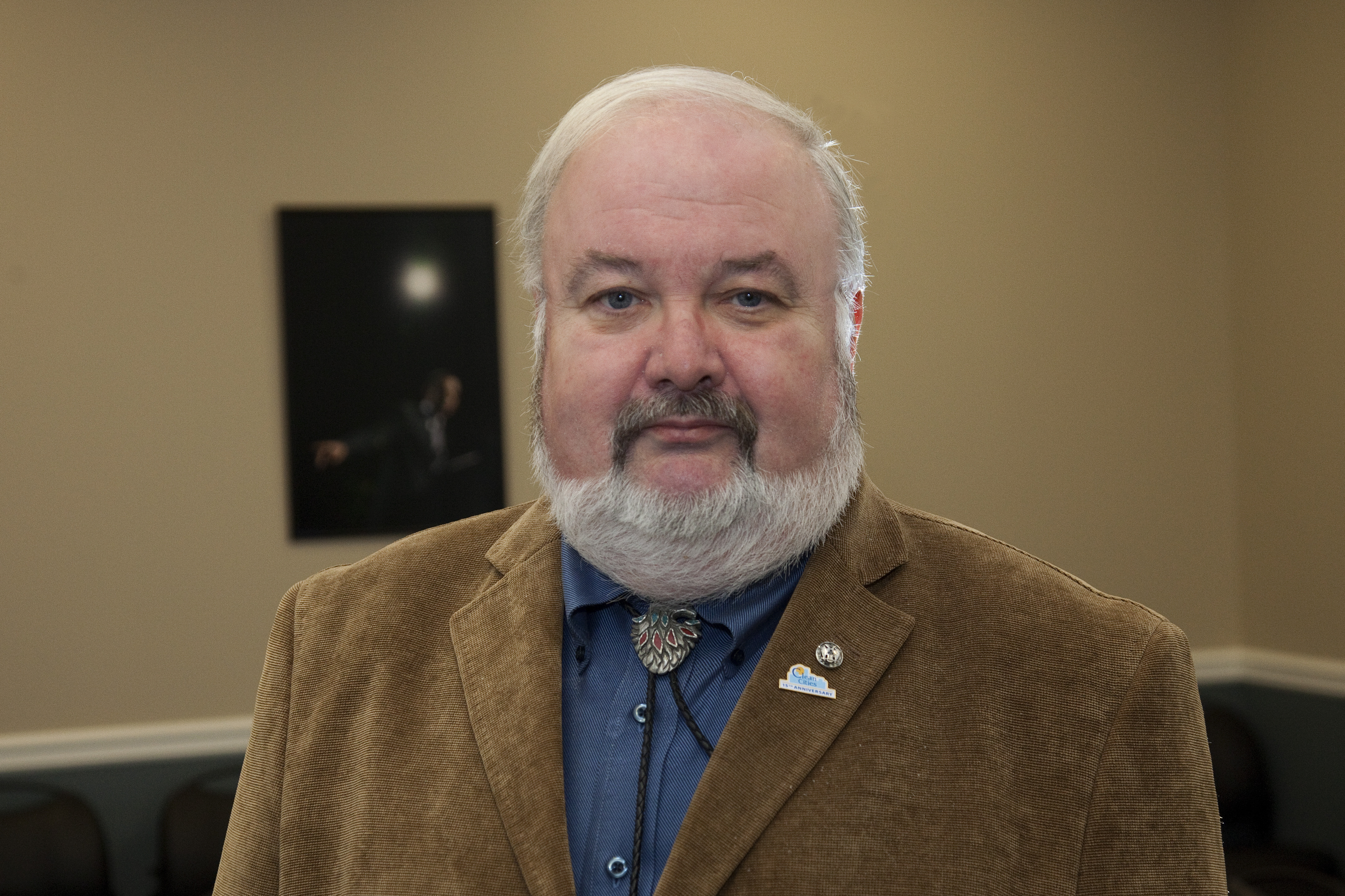
Ed. Note: Champions of Change is a weekly initiative to highlight Americans who are making an impact in their communities and helping our country rise to meet the many challenges of the 21st century.

For better or worse, the American economy is tied to the automobile and even more to the concept of personal transport. While at first the automobile was only a plaything for the rich, industrial pioneers such as Henry Ford and William Durant developed manufacturing systems which made the automobile affordable for millions of Americans. They also created the American Middle Class with an industrial model that brought wealth and freedom to more people than any previous economic system in human history.
However, for any technology to remain successful, for any business model to remain successful, it must evolve and adapt to macro changes; changes in energy supply, changes in our environment, changes in our demographics and our economy.
The automobile business as we know it must evolve. Drive down any main street in America and inventory the businesses that are tied to the automobile: new car dealerships, used car dealers, independent repair shops, national service franchises, tire retailers, gas stations, car washes and detailers. Don’t forget the associated businesses that are supported by the sales, financing, fueling, repair and maintenance of this ubiquitous product. It is one of the pillars of our economy. Yet the automobile must evolve. At Wake Tech and now as a Champion For Change, my focus is the automotive service sector and the recruitment, training and professional development of the automotive technician. “Make It In America” requires a highly trained and well paid service sector!
The fossil-fueled internal combustion engine is over 130 years old, and its time has passed. Although we will still rely on this engine for some time to come, we must quickly move from petroleum and transition to fuels that are either renewable (Biofuels) or feature reduced carbon content (Natural Gas & Propane).
In the long run, we must move away from reciprocating technology altogether and embrace a device that is more efficient than the internal combustion engine by a factor of three: the Alternating Current Electric Motor!
After many false starts we have finally begun this process. Automotive, truck and equipment manufacturers are now building and selling a smorgasbord of clean and efficient power plants, fueled by sustainable energy sources, that will not only keep personal transportation viable, but will also transform the trucking and equipment sectors as well.
But like other systems in our new economy, the automobile has become very complex.
Engineers have moved from the mechanical systems developed in the last century to electronic and mecha-tronic systems that control the vehicle of today.
By and large our national corps of automotive technicians (763,000 according to the BLS) are competent servicing traditional mechanical systems. By and large they are not ready for the high technology vehicles that are flooding the market today. Only a small fraction of these technicians are able to handle complex diagnostic puzzles and electronic technology. Finally the technician corps is graying, so retirements are outpacing replacements.
As a Champion For Change, I am working with colleagues at Wake Tech to advance four strategies that address these issues. Reform in these areas is needed to assure the success of sustainable vehicles:
- The Issue of Technical Education must be addressed. Technical Education is carried out primarily by our nation’s community colleges and many private training businesses such as UTI, ITT and others. The curricula and teaching methodology in these programs must be updated for both technical content and the learning needs of the “millennials” who will populate these programs.
- The issue of Professional Development must be addressed. Auto manufacturers must provide more technical training information to Community Colleges and the automotive aftermarket. This has been a controversial issue for decades, and it may be time for the Government to step in as the EPA has when the information affects vehicle emissions. The issue of professional certification should also be examined. Ours is one of only a few professions that operate without any government certification. A cosmetologist performing a manicure must satisfy more licensing standards than a technician working on a multi-thousand dollar vehicle.
- The issue of technician recruitment must be addressed. This will also require national awareness efforts directed toward groups such as the American School Counselor Association, Dept. of Education and the Dept. of Labor.
- The issue of technician pay must be addressed. Improving technician pay will require national resolve from organizations such as the National Auto Dealers Association, Technician Unions within and without the AFL-CIO and other representative groups.
I am excited about the opportunity to expand upon details of these four issues. I also look forward to discussion and guidance from other government and industry experts so that together we can assure the commercial success of sustainable transportation IN AMERICA!
Rich Cregar is an instructor in sustainable transportation technologies at Wake Technical Community College in Raleigh, North Carolina.


